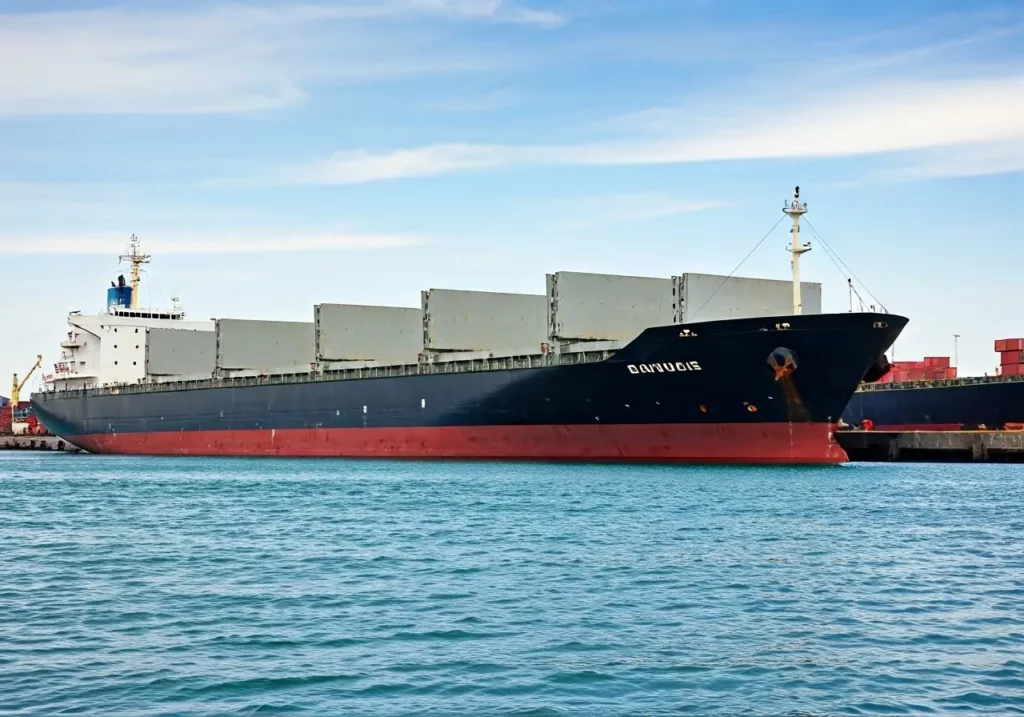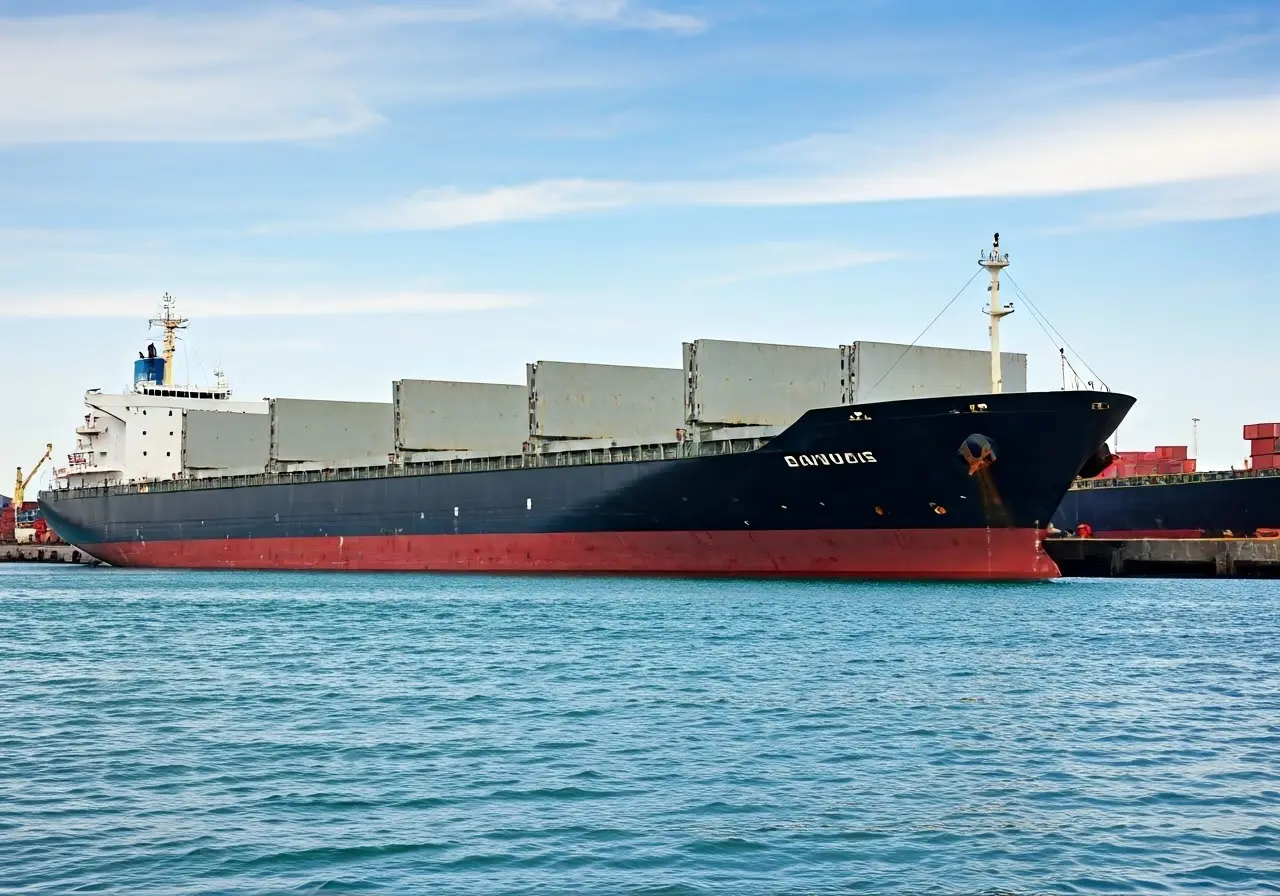Navigating the complexities of international logistics can be daunting for any business. However, with the right strategies and tools, it can be a seamless process. In this blog, we’ll explore practical ways to simplify your international logistics, making it easier for you to expand your business across borders.
1. Understand the Basics of International Shipping
Having a solid grasp of the fundamentals of international shipping is crucial. Familiarize yourself with terms, regulations, and key players involved to build a strong foundation. Begin with understanding the shipping process from start to finish, which involves everything from negotiating terms with suppliers to the final delivery to each customer. It’s essential to learn the lingo: IncoTerms, bill of lading, customs duties, and more. This knowledge allows for better planning and less troubleshooting down the line.
Delving deeper, grasp the specific regulations each country imposes. Many nations have unique rules concerning the import and export of goods, including restrictions on certain items and labeling requirements. The U.S. has its own specific guidelines about importing goods, which can be quite a maze for newcomers. For a comprehensive guide on this, check out our How to import goods into the U.S.A. | A complete guide Marteu. This will offer a detailed roadmap to ensure all your shipments comply with local and international laws.
Additionally, knowing the roles of key players, such as freight forwarders and customs brokers, can significantly streamline your international shipping. Freight forwarders manage the shipping process by consolidating goods, preparing shipping documents, and ensuring that your products reach their final destination. Customs brokers, on the other hand, assist in clearing your goods through customs, ensuring all duties are paid, and adhering to import laws. Having a reliable team can prevent many common pitfalls in international logistics.
2. Leverage Technology and Automation
Modern technology offers a plethora of tools designed to automate and simplify logistics processes. From tracking systems to automated documentation, embracing technology can significantly reduce manual work and errors. GPS and RFID tags, for instance, provide real-time tracking of shipments, ensuring you’re always aware of your goods’ whereabouts. This can greatly enhance your supply chain’s transparency and efficiency.
Automation doesn’t stop at tracking. Implementing warehouse management systems (WMS) that support automated picking, packing, and inventory management can dramatically speed up operations and reduce human error. These systems streamline workflows and ensure that orders are processed accurately and efficiently. Embracing these technologies means your staff can focus more on strategic tasks instead of getting bogged down with repetitive processes.
Furthermore, technology aids compliance with international trade laws. There are numerous software solutions available that keep you updated on changing regulations, helping you remain compliant. These tools alert you when specific rules affect your products, be it due to the type of goods or their destination. This automated vigilance ensures that regulatory shifts do not catch you off guard, avoiding hefty fines or shipment delays.
3. Work with Reliable Logistics Partners
Choosing the right logistics partners can make a world of difference. Reliable partners can help navigate international regulations, provide better shipping rates, and ensure timely deliveries. When selecting a partner, consider their expertise in handling specific goods, their international reach, and their reputation in the industry.
Trustworthy partners are not just about delivering packages. They should also offer robust solutions, like third-party logistics (3PL) services, which manage warehousing, inventory, and transportation. Partners like ShipBob excel in not just shipping but also streamlining the fulfillment process overall. They offer a network of fulfillment centers, integration with e-commerce platforms, and real-time inventory tracking. Read more about the benefits of such partnerships in this international logistics guide from ShipBob.
Transparency and communication are critical traits in selecting a logistics partner. Good partners keep you informed about your shipment’s status with real-time updates and maintain open channels of communication. They should also offer support when unexpected challenges arise, such as customs hold-ups or shipping delays. Building this relationship means fewer surprises and smoother operations.
4. Optimize Your Packaging and Labeling
Improper packaging and labeling can lead to delays and added costs. Ensure your packages are compliant with international standards and clearly labeled to avoid any mishaps. The right packaging materials protect goods, comply with regulations, and reduce shipping costs by minimizing weight and volume. It’s essential to use sturdy materials and proper cushioning to prevent damage during transit.
International shipping usually involves several modes of transport, and each transition increases the risk of damage. That’s why using the right packaging is vital. Packaging should be durable enough to withstand rough handling and varying climatic conditions during transit. Moreover, using standardized labeling that meets the requirements of the destination country is essential. This includes clear declarations, correct HS codes, and appropriate shipping marks.
5. Plan for Customs and Duties
Understanding the customs process and preparing for duties is essential to avoid unexpected costs and delays. Be proactive in gathering necessary documentation and staying updated on regulations. Each country has its own set of rules regarding customs duties, which are taxes levied on import goods. Planning ahead by researching and understanding these duties can prevent unexpected expenses.
Familiarize yourself with the required permits and documentation. Custom clearance involves paperwork like the commercial invoice, bill of lading, and packing list. Incorrect or incomplete documentation is one of the main reasons shipments get delayed at customs. Ensure every detail is accurate and up-to-date to avoid slowdowns. We have a thorough guide that can help you navigate this process in our Avoiding Common Pitfalls in Importing: Tips From the Experts Marteu.
Leveraging DDP (Delivered Duty Paid) shipping can be a game-changer. This method shifts the responsibility of customs clearance and associated costs from the buyer to the seller, ensuring a smoother transaction for your customers. This strategy often leads to happier customers due to fewer surprises and more predictable shipping timelines.
6. Improve Inventory Management
Efficient inventory management ensures you have the right products available at the right time. Use inventory management systems to forecast demand and avoid overstocking or stockouts. An effective system provides real-time data on stock levels, orders, and shipments, helping you make informed decisions about restocking and distribution.
Balancing inventory is a delicate task. Overstocking leads to unnecessary storage costs, while understocking can result in missed sales opportunities. Advanced inventory management systems allow you to set reorder points and automatic alerts when stock levels dip below a certain threshold. This proactive approach ensures you never run out of your most popular items, maintaining a steady supply chain.
Additionally, consider the geographical distribution of your inventory. Storing goods closer to your customers can reduce shipping times and costs. For international businesses, this might mean utilizing multiple warehouses in strategic locations globally. This method also helps in better managing the complex nature of international logistics, especially in dealing with customs and local shipping.
7. Enhance Communication Channels
Clear communication is critical in international logistics. Ensure all stakeholders are in the loop with regular updates and clear instructions to avoid misunderstandings and delays. From your suppliers to your logistics partners and customers, everyone should be informed about the status and expectations of shipments.
Modern communication tools offer various ways to improve interaction and updates. Platforms like Slack, Zoom, or even specialized logistics communication tools can streamline the sharing of vital information. These tools facilitate real-time updates and easy sharing of documents and shipment statuses, reducing the chances of miscommunication.
Regularly update your customers about their orders. Providing tracking information and status updates reassures them and builds trust in your brand. In case of delays or issues, proactive communication with customers about the cause and action plan demonstrates reliability and customer-centricity, which is invaluable for any international business.


